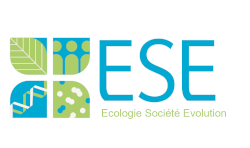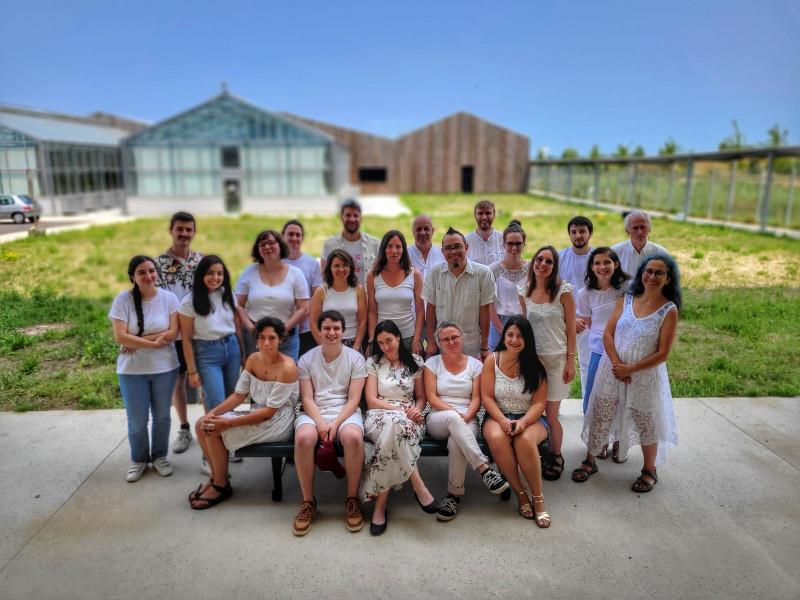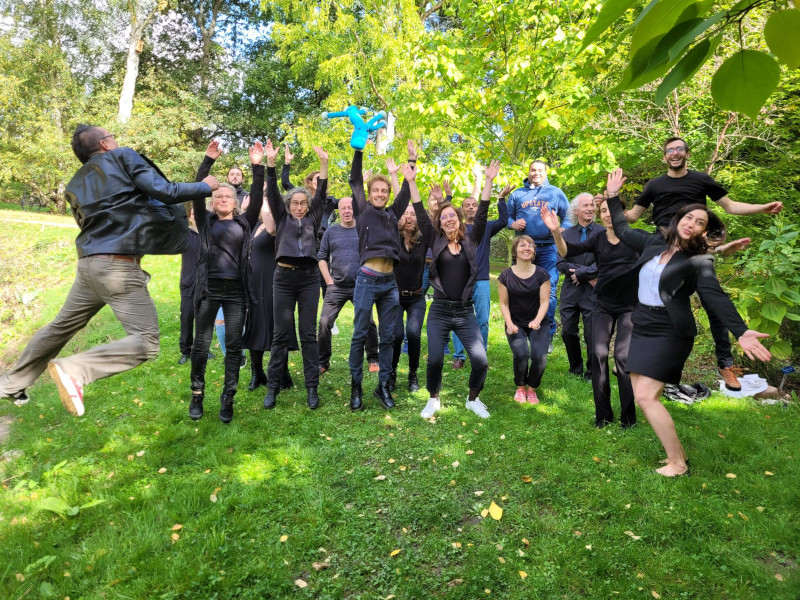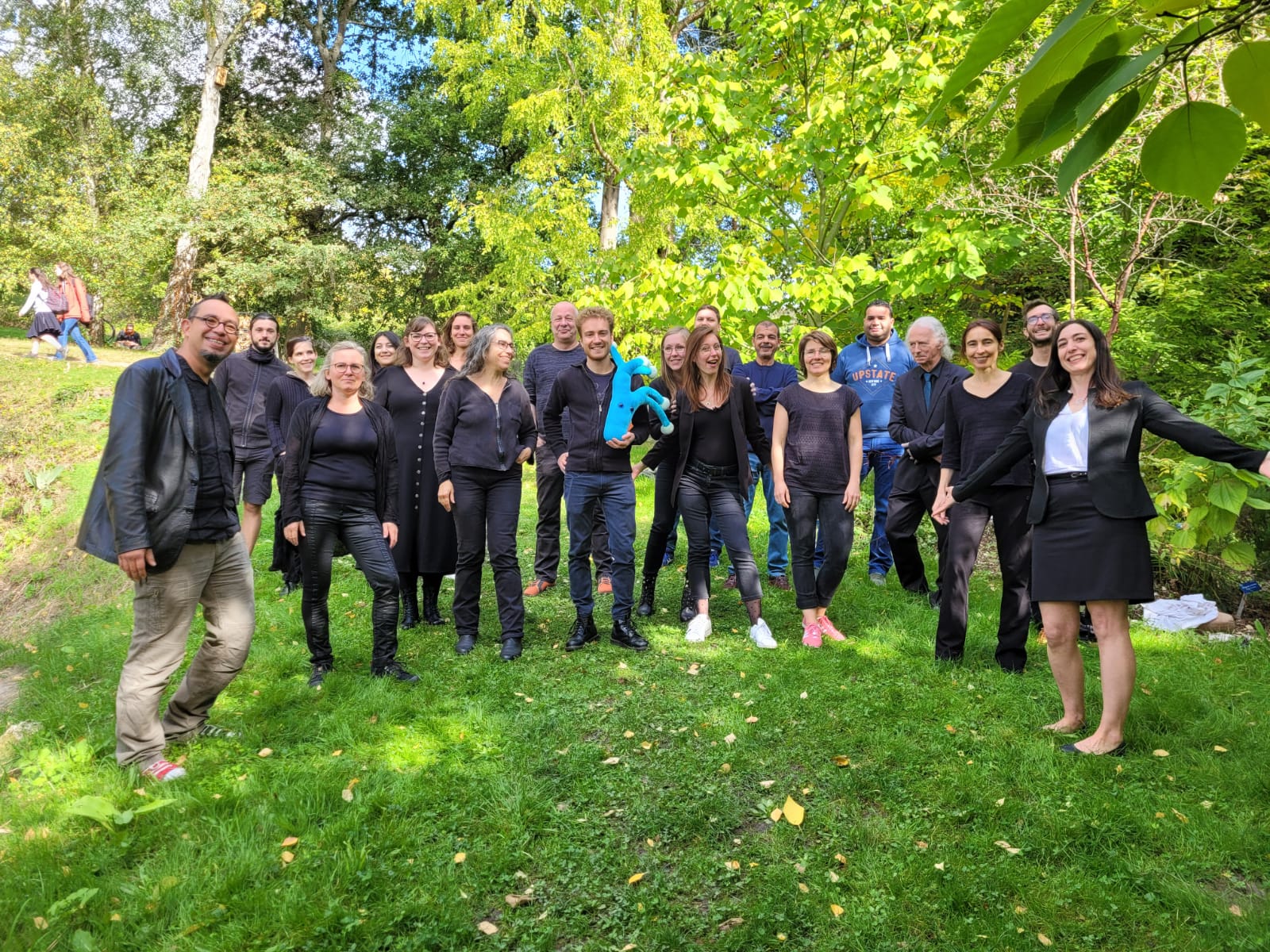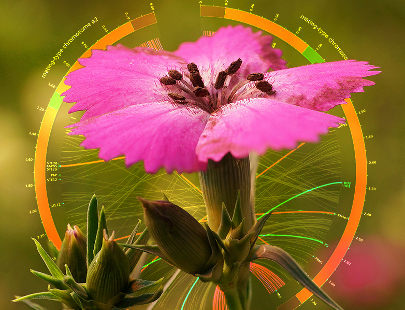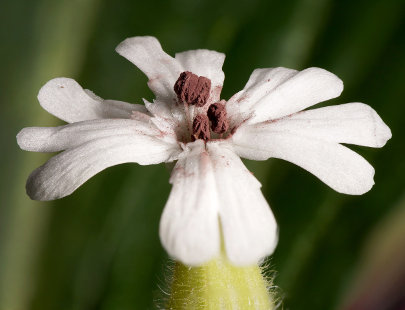Evolutionary genetics and ecology
GEE conducts research in genetics, genomics, ecology and evolution. We are interested in fungal, bacterial, insect, and plant ecology and evolution, in species interactions (in particular plant-parasite interactions) and in the evolutionary genomics of adaptation and speciation.
We aim at understanding how species and populations adapt to their environment and we want to identify the underlying genes and evolutionary processes. Our biological models include plant pathogenic fungi (anther-smut Microbotryum fungi), domesticated fungi involved in making cheese and dry-cured meat (including Penicillium fungi), bacterial pathogens of humans (Mycobacterium tuberculosis), apple trees, Arabidopsis and its enemies, as well as sex chromosomes.
![]() TEAM LEADER: Tatiana Giraud
TEAM LEADER: Tatiana Giraud
PERMANENT STAFF
Ballu A., Giraud T., Hartmann F., Kroymann K., Labat A., Lucotte E., Rougemont Q., Refrégier G., Rodriguez de la Vega R., Ropars J., Shykoff S., Snirc A.
PhD students
Guyot L., Legendre J., Michel P., Offenstadt A., Veron P.
TEMPORARY MEMBERS (post-docs or technical staff)
Boyer L., Namias A., Rezende G., Vernadet J.-P., Zein-Eddine R.
Research areas:
Domestication of fungi used for making cheese and dry-cured meat
Genomics of adaptation in plant pathogenic fungi
Evolution of sex and mating-type chromosomes
Domestication of apple trees
Multiple infections and evolution of virulence in plant pathogenic fungi
Host specialization and speciation in pathogenetic fungi
Biological invasions of plant pathogenic fungi
Climate change and its ecological and evolutionary consequences
Ecological and evolutionary consequences of Chernobyl
Host-parasite coevolution
Sexual selection and the evolution of secondary sexual characters
The ecology and evolution of urbanization
Function and evolution of plant defense systems
Evolution of parasite counteradaptations against plant defenses
Bird ecology
Bird-microbe interactions
Evolution of gall-forming insects
Tuberculosis bacillus evolution
